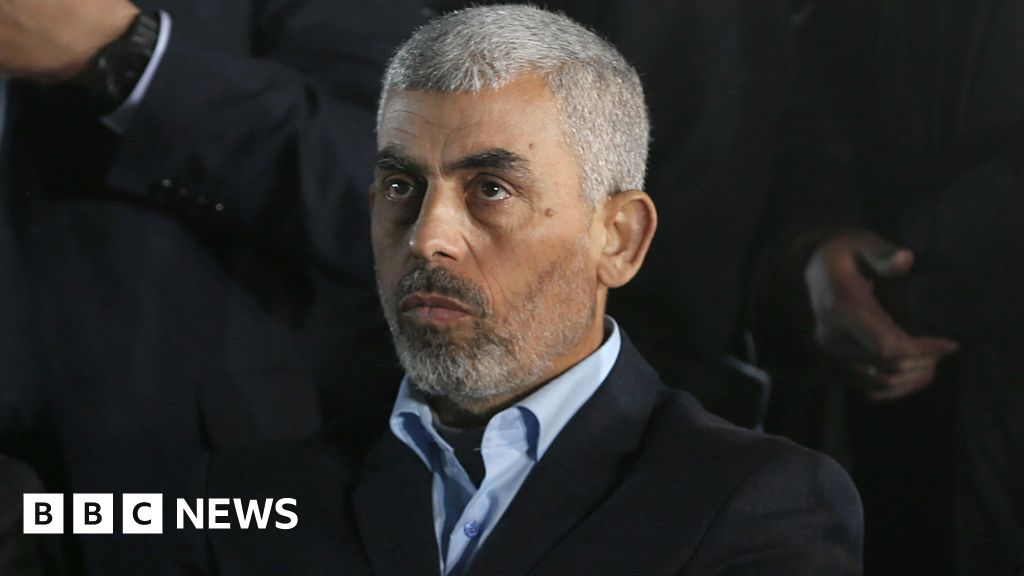Israel’s Foreign Minister, Israel Katz, said Sinwar’s killing was a “significant military and moral achievement”.
Defence Minister Yoav Gallant said Sinwar “joins a long series of eliminations – from [Hassan] Nasrallah to Mohammed Deif and many more”.
Nasrallah, the leader of the Lebanon-based militant group Hezbollah, was killed in an Israeli air strike on Beirut in September, while Deif, Hamas’s military chief, was killed in a strike on Gaza in July.
Gallant added: “Sinwar died while beaten, persecuted and on the run – he didn’t die as a commander, but as someone who only cared for himself. This is a clear message to all of our enemies.”
Hamas has yet to comment on Sinwar’s killing.
In a statement, US President Joe Biden said Sinwar’s killing “proves once again that no terrorists anywhere in the world can escape justice”.
He added that it was “a good day for Israel, for the United States and for the world”.
Vice-President Kamala Harris said Sinwar was responsible for an attack that “triggered a devastating war in Gaza – a war that has led to unconscionable suffering of many innocent Palestinian people and greater instability throughout the Middle East”.
She added: “This moment gives us an opportunity to finally end the war in Gaza – and it must end such that Israel is secure, the hostages are released, the suffering in Gaza ends, and the Palestinian people can realize their right to dignity, security, freedom and self determination.”
Former CIA director David Petraeus described Sinwar’s killing as “bigger than” the assassination by US forces of Osama Bin Laden in 2012 – telling BBC Radio 4 it was “both hugely symbolic… but also hugely operational”, as Sinwar was the overall leader of Hamas.
Israel’s stated aim for entering Gaza in the wake of the 7 October attack was to destroy Hamas.

